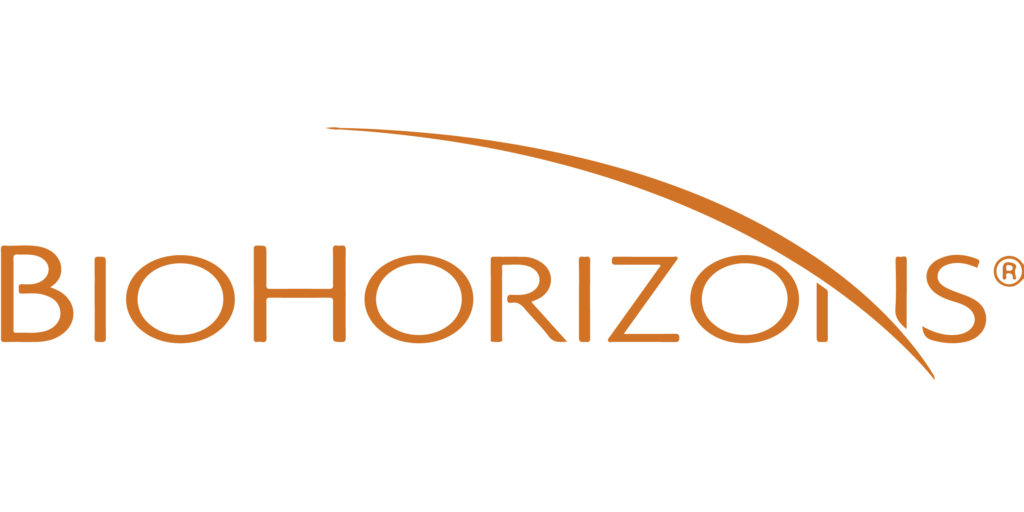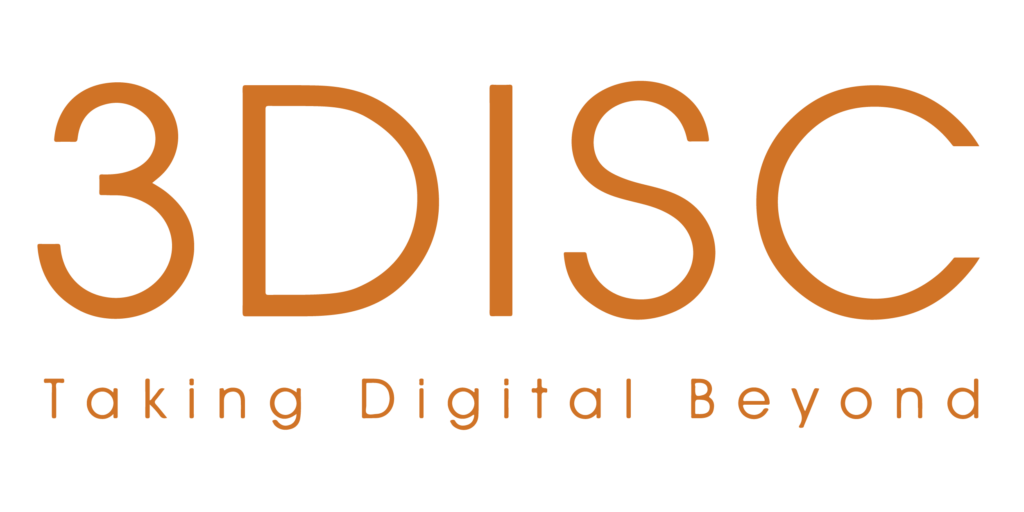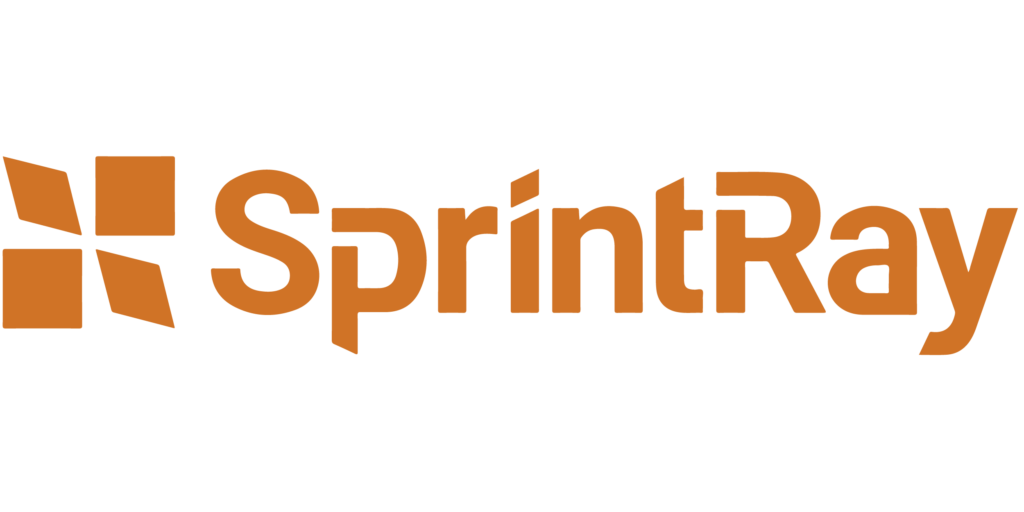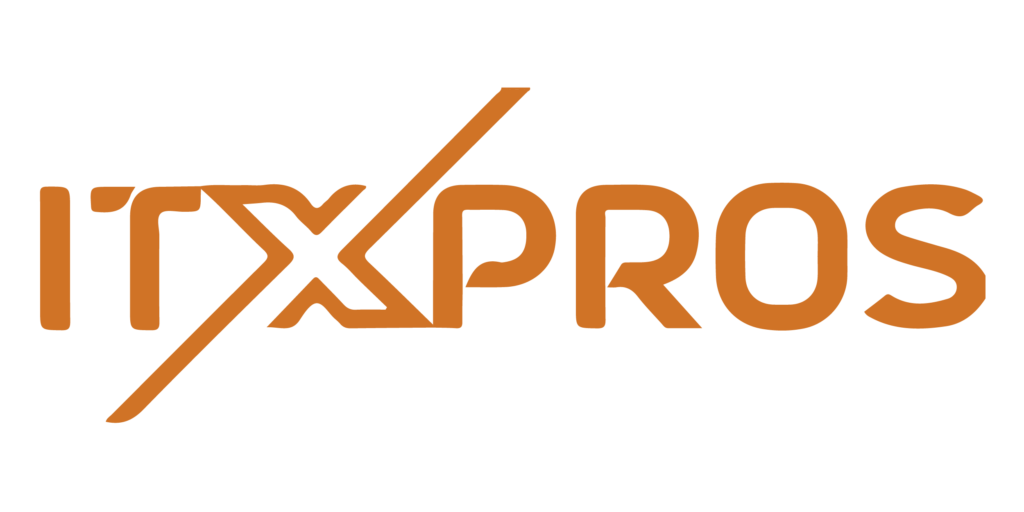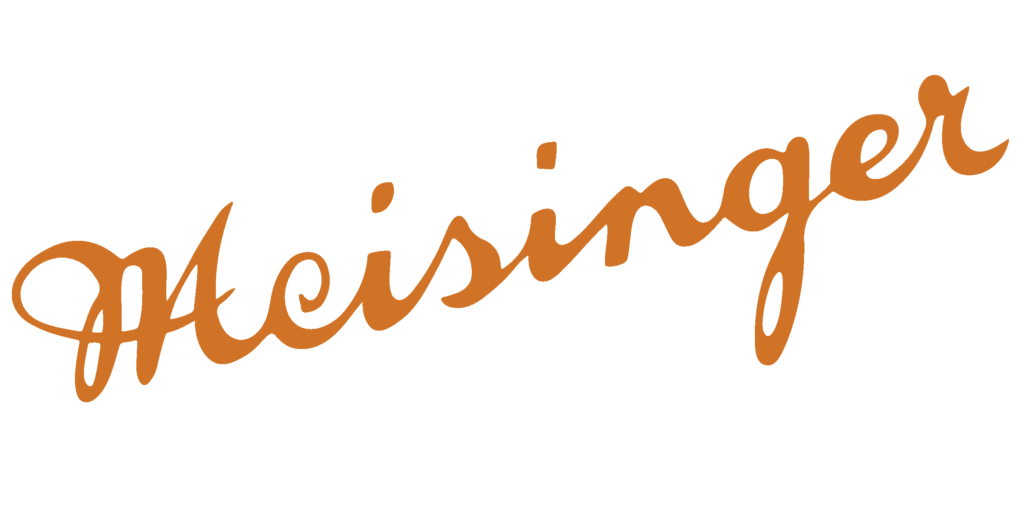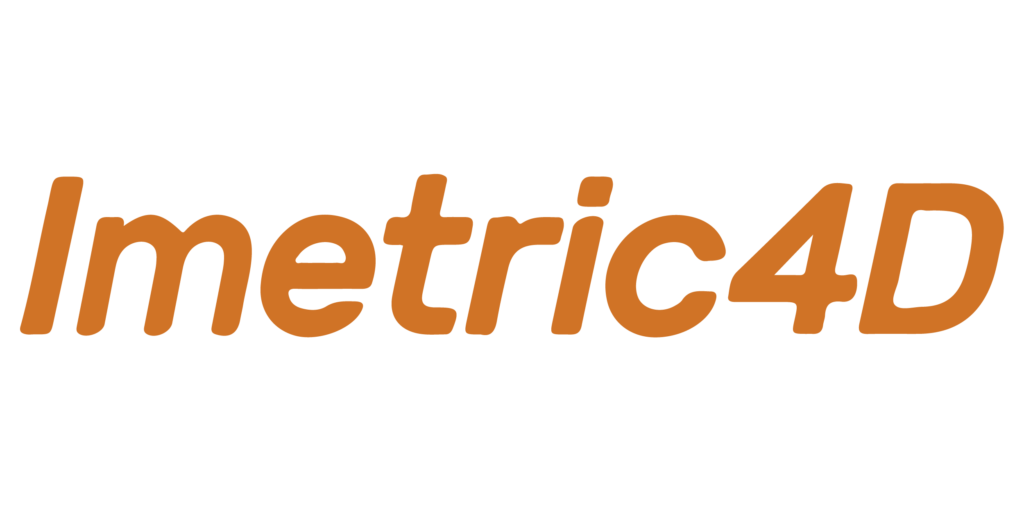Implant
Study Club.
Further your knowledge and connect with your peers
Topics include
- Socket grafting
- Intro to implants
- Patient risk factors
- The mandibular overdenture
- Guided implant surgery
- Implant complications
Objectives
To further basic implant knowledge and strengthen our local dental peer network, this program will:
1. Offer clinically relevant and appropriate implantology content to dentists who are in the beginning of their implant careers
2. Provide camaraderie and mentorship amongst local Tampa Bay dentists of various skill sets
3. Develop a local network of implantologists who can provide exceptional services to our community through a team-oriented approach
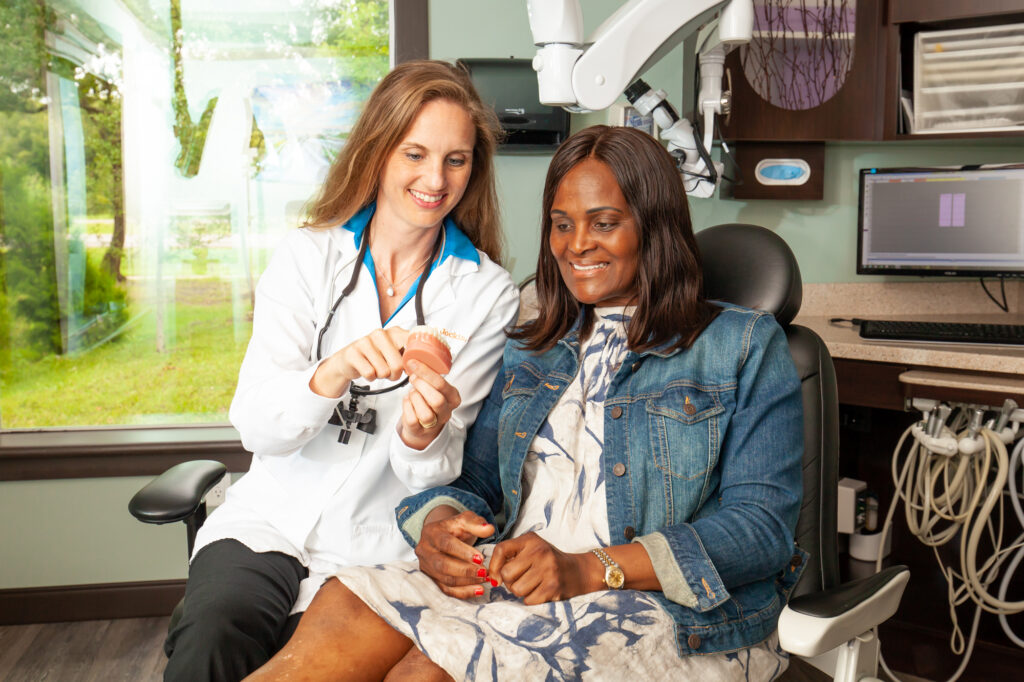
Study Club Schedule
6 In-person meetings on Thursdays
Our study club meets 6 times in September and October with a selected topic for each session. There are no prerequisites to attend any of the sessions. Participants will enjoy a 30-minute social over food, followed by a 90-minute lecture. Some sessions will also include a 30-minute hands-on component. Each session will earn 2 CE units and the course fee is $899.
- 9/5
- 9/19
- 9/26
- 10/10
- 10/17
- 10/24
meeting
6:30PM - 8:30PM
duration
2 hours
CE Credits
12
Course Details
Socket grafting
Most general dentists perform extractions in their practices, yet few routinely graft sockets. It has been well documented that tooth loss causes bone loss, making implant therapy challenging and in some cases even impossible. Learn how to incorporate highly predictable grafting techniques on the day of extraction to preserve hard and soft tissue. We will discuss graft material selection and detail exact steps involved for successful outcomes, then solidify concepts learned with hands-on model execution.
After completion of this course, students will be able to
- Describe how tooth loss affect bone volume over time
- Confidently present replacement options
- Detail all steps involved in socket grafting
Intro to implants
Ready to jump into surgical implant treatment? Ready, set – wait! How do we select the right implant? Some may think a screw is a screw – but there are different clinical indications for different types of implants. We will discuss characteristics such as thread design, surface treatment and restorative connection. Additionally, the surgical technique also plays a big role in short- and long-term success. Join us to pick up some surgical tips to avoid common pitfalls.
After completion of this course, students will be able to
- Detail implant design characteristics that will influence long-term outcomes
- Determine indications for different implant designs
- Describe steps involved in single tooth implant placement for healed sites
Patient risk factors
Is every patient eligible to have implants placed? Should we treat everyone who presents in our practice? Careful patient selection can avoid many surgical and restorative complications, saving you from stressful intra-operative disruptions and costly remakes. Learn about the red flags you should be looking out for to maximize treatment outcomes and patient comfort. You won’t regret being extra vigilant before you commit to the case!
After completion of the course, students will be able to
- Detail risk factors that may compromise surgical and restorative success
- Select appropriate candidates for in-house implant therapy
- Confidently communicate with their patients about minimizing risk factors
The mandibular overdenture
Conventional denture patients often complain that their teeth are loose and non-functional. Mandibular dentures can be especially unstable and cumbersome. One of the most rewarding treatment modalities in implantology is the upgrade from a conventional to an implant retained overdenture, which is proven and highly predictable treatment option. Your patients will be so grateful that they can eat without thinking about their teeth again! To prepare for live patients, we will practice chairside pickup of a printed denture using a model patient.
After completion of the course, students will be able to
- Describe ideal implant positions for implant retained overdentures
- Detail all steps involved in picking up housings chairside
- Make decisions about extent of palatal coverage
Guided implant surgery
Accurate placement of the implant fixture is paramount for long-term success. While freehanded implant placement is appropriate in many cases, some indications call for guided surgery. Find out what steps are necessary to set-up these more challenging cases for success.
After completion of the course, students will be able to
- Understand the rational for guided implant placement
- Detail the differences between hard and soft tissue-borne guides
- Describe steps in guided implant preparation and placement
Implant complications
Implants are a predictable treatment modality but they are not without complications. Being able to anticipate and prepare patients for potential mishaps will go a long way towards management. Once confronted with a complication, it is important that the dentist be confident in their ability to either address them or refer at the appropriate time.
After completion of the course, students will be able to
- Detail categories of implant complications
- Pre-emptively discuss risk factors with patients to minimize surprises
- Decide how to treat or refer most common complications
Our sponsors
